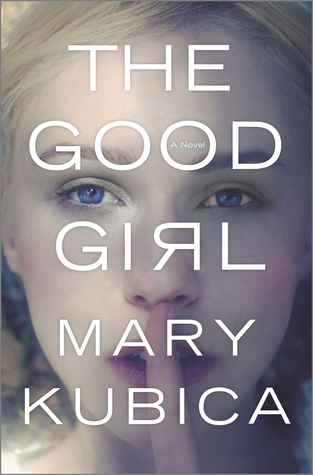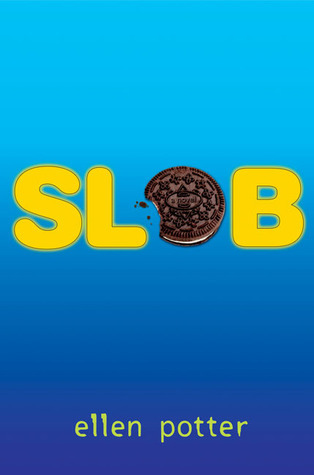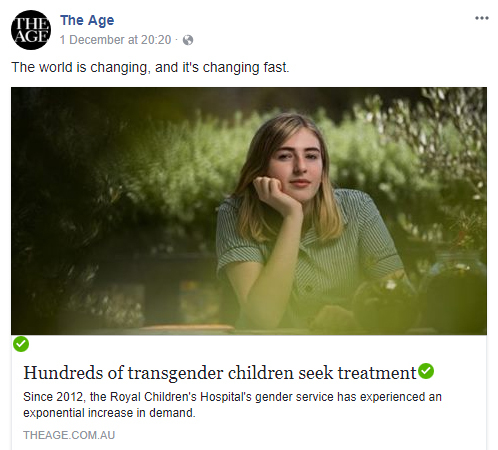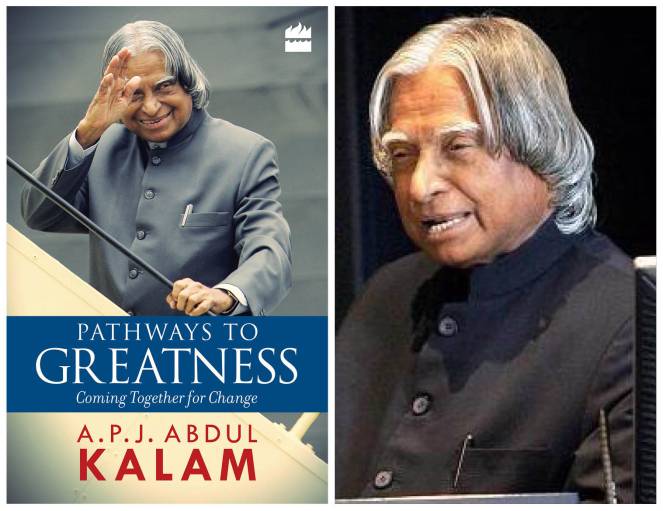Laura James’s Odd Girl Out sparked my interest because it was a book written by a woman in her 40s diagnosed late with autism. This very much spoke to me as I am also a woman in my 40s diagnosed late with autism. Her biographical book focused on her first year after diagnosis. Having only myself been diagnosed around six months ago, I was definitely curious to see how another woman’s experience would tally with my own.
James is a trained journalist and her writing is clear and direct. I wondered initially whether the monthly chapter format of events over this critical year would be too rigid. But the writing opens out into a series of flashbacks that run alongside the main narrative, giving us key episodes from the author’s childhood, adolescence, and, importantly I feel, adult life as a working parent of four children.
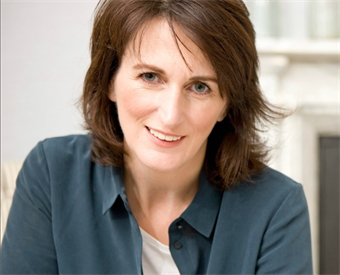
James doesn’t pull her punches. She is open about messy and painful episodes in her life and relationships. Very interesting for me was that I didn’t feel a major shift in tone or language when James revisited these raw moments. This is a subtle point perhaps, but I could relate very much to how a major loss or disappointment was told in a similar register to a meltdown at the station or a annoyance over a poorly-made cup of coffee. This observation is in no way to detract from the writing – this book really was a page turner for me and I found it hard to put down. Rather that I had the very subjective feeling that I was listening to an autistic woman telling me her story, and nodding in recognition. Sometimes, I could hear my own voice.
Woven through the narrative of a year of autistic self-discovery are many of the differences – nuanced or more extreme, that we discuss, struggle with and are fascinated by in the autistic space: Mismatches in communication within a relationship; a need for space and privacy and it’s shadow side, loneliness and a lack of support; difficulty labelling the subtle shades of emotion; watching from the sidelines and trying to fit in at work, school, and in family life; and communicating effectively with medical professionals.
Too many small details and anecdotes struck a chord with me to go into here – but one example would be where James and her husband decide to come up with weekly meal plans to overcome some of her erratic eating patterns. I couldn’t help smiling at her surprise when Googling “meal plans” as she discovered that this was what many millions of adults do without a second thought. A couple of months ago, I did exactly the same, and then proudly told bemused friends and relatives that I was going to get to grips with some of my executive function issues with the help of this – let’s be honest – extremely basic-looking tool. As for James, to me it was a revelation. These small details are valuable in showing neurotypicals exactly how a competent and accomplished woman can struggle with basic elements of self care, such as eating regular meals.
Journalists are used to fact checking, and finding experts to back up their stories, and in this James in no exception. Maybe it’s just me but I found it extremely poignant that at key points she is fact checking her own emotions and struggles with experts such as Steve Silberman, Tony Attwood, Sarah Wild and Judith Gould. As the story is framed, James goes looking for information from a neurotypical viewpoint – that of experts who write about or work with autistic people – first. Later on in the book she connects with an expert who is herself autistic, Sarah Hendrickx, who suggests James should use the internet to interact with the autistic community. She also bonds with Rachael Lucas, a fellow female autistic author. It’s hard to say whether these connections are in actual chronological order or edited to match the emerging themes – but it seems significant that as James gets closer to accepting her autistic story and identity, she begins tuning in to autistic voices to a greater extent. Experts can offer a certain kind of support and validation, but trust in one’s own lived experience and that of fellow autistics must feel closer to coming home, to approaching truths from the inside out.
What came across to me in the arc of her story was this: Laura James has told first and foremost a love story. Her love for her husband and her children shines from the pages, and ultimately she learns to love and accept her (autistic) self, on her own terms. In addition to her own struggles, those of other autistic women and girls are also acknowledged. The tide appears to be turning, word is getting out that women and girls can be autistic, and need recognition and support. James’s book and her admirable willingness to share her experience widely via TV and newspaper interviews have, I would argue, made an important contribution here.
Whether you are on your own journey of autistic diagnosis or self realisation, or are a friend or relative looking in from the outside, I would definitely recommend this book – both as a story in its own right, and as an important complement to expert-written guides on autism.
Advertisements Share this:- More
